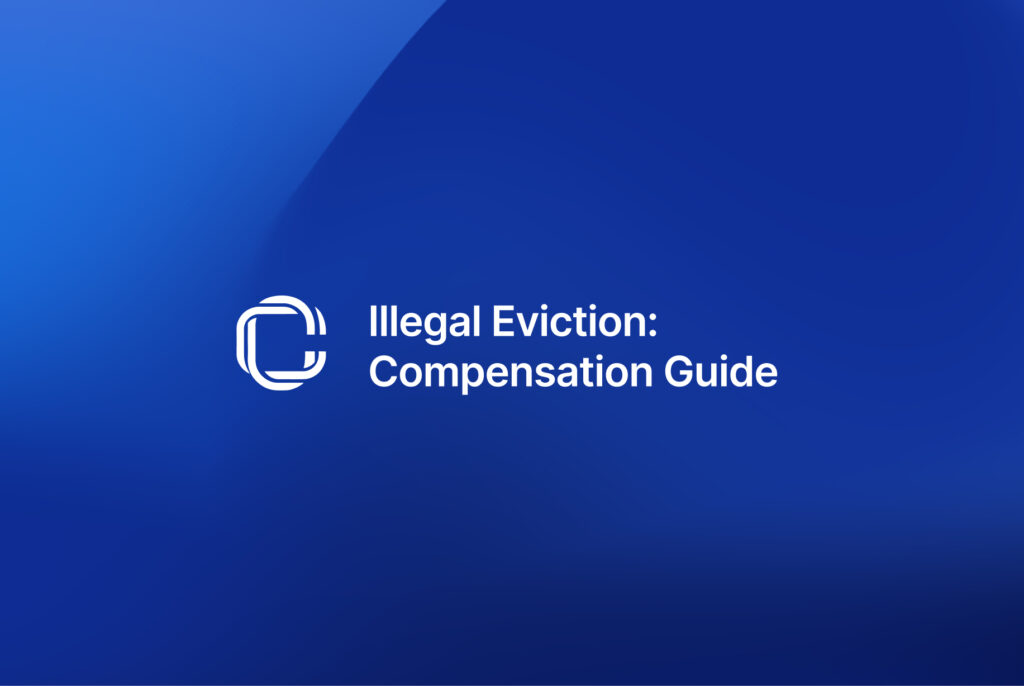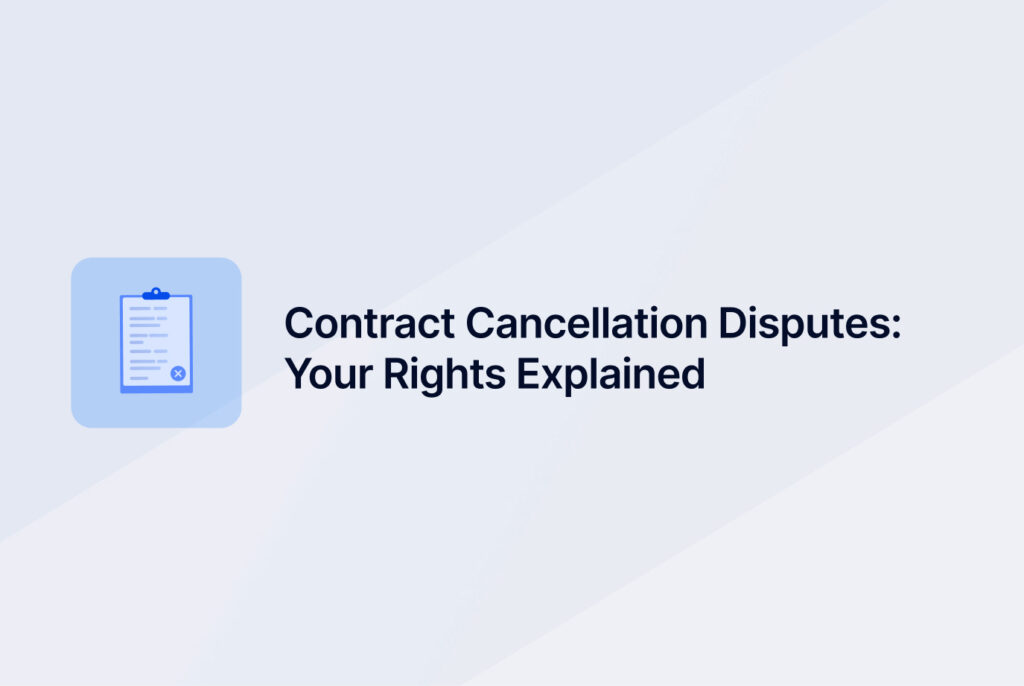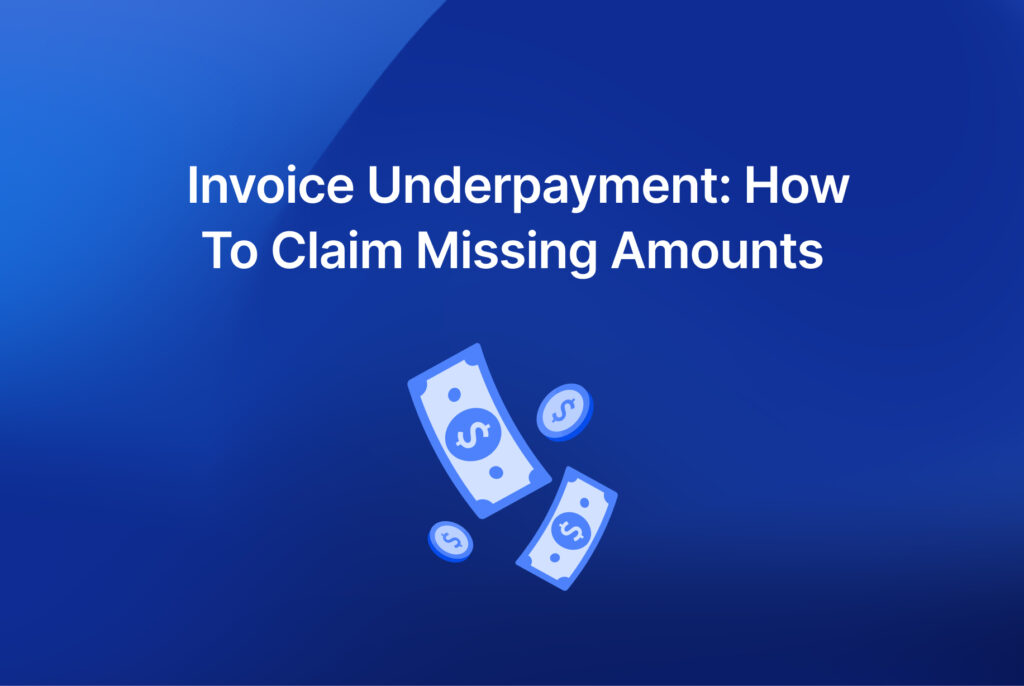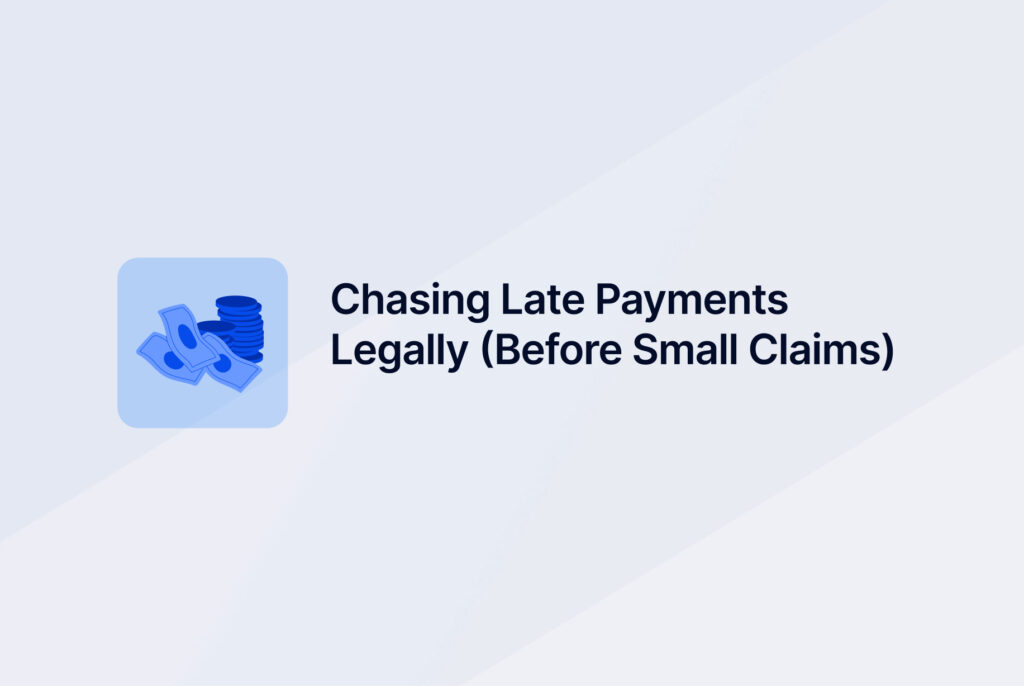This guide has been written to help you understand the different rights that you have in the UK concerning warranties and guarantees, and what you can do if things go wrong.
Whether you are buying a kitchen appliance, a mobile phone, or even a second-hand car, buying anything means you expect it to work as it should. However, if it doesn’t, your options may depend on whether or not you have a warranty or a guarantee. You may also have certain rights and protections under UK legislation.

This guide has been written to help you understand the different rights that you have in the UK concerning warranties and guarantees, and what you can do if things go wrong.
What Value Does it Have?
Warranties and guarantees can be a great source of comfort to customers. However, they often come with confusing or misleading terms and conditions (T&Cs). At the same time, many people do not appreciate the extent of the legal protections afforded to consumers under the Consumer Rights Act 2015, which exist regardless of whether they have been provided a warranty.
Understanding the differences between your rights in contract and your statutory rights can save you from being fobbed off, misled or out of pocket when a service provided or product purchase is unsuccessful.
What Is a Warranty?
A warranty is a promise made by the seller or manufacturer, signed via contract, to repair, replace, or refund a consumer when an item is defective for a designated time (usually up to 1 year, but it really depends on the product). A warranty comes with the product (free of charge) or can also be an extended warranty that the consumer purchases for an additional fee.

Warranties usually cover:
Example:
You purchased a washing machine for $300 with a two-year warranty. After 18 months of use, the motor failed due to a manufacturing defect. The manufacturer agrees to replace the motor according to the warranty.
What Is a Guarantee?
Now, a guarantee is a voluntary commitment made by a seller or manufacturer that becomes a promise, or legally binding, once the paperwork is given. A guarantee usually outlines what level of performance you can expect from a product and what the company will do if the level does not meet those standards.
Guarantees tend to:
- Be more flexible or generous than a warranty
- Also last for a certain period (e.g. a 5-year “satisfaction guarantee”)
- Be offered by the manufacturer, even if the seller is different
Example:
You purchase a new sofa that comes with a 10-year frame guarantee. Five years later, you crack the frame by accident, and the manufacturer provides a free repair or replacement, as indicated in the guarantee.
The Key Difference Between a Warranty and a Guarantee
A warranty and a guarantee are both promises to repair or replace a product if the product fails to work, but there are some prominent differences:
- A warranty is a contractual promise – some warranties are written (and may be included or found in the product), and some warranties can be purchased for an additional fee. Warranties are legally enforceable, under contract law, and are offered by the seller or maker of the product.
- A guarantee is usually voluntary (though it becomes binding) and is also generally free. Guarantees tend to come from the maker and are enforceable under consumer protection law.
- Warranties may need to charge you for additional coverage, but guarantees shall not require you to pay anything beyond the original payment for the product.
Most importantly, neither a warranty nor a guarantee can take away any of your statutory consumer rights – these protections are rights that apply to you by default, regardless of whether any other promises are made.

Your Legal Rights Under UK Law
The Consumer Rights Act 2015 provides that you have the right to receive goods that are:
- Satisfactory Quality
- Fit for purpose
- As Described
Your legal rights will be enforced regardless of a warranty or guarantee and apply to your purchase, irrespective of whether it was online or in-store.
Your legal rights include:
- The right to reject defective goods within 30 days and be given a full refund
- The right to have the goods repaired or replaced within 6 months
- The right to get a partial refund or price reduction if the repairs do not make the goods conform to the specifications
- You can go to court for a maximum of 6 years (5 in Scotland), depending on what type of defect you have
Common Misconceptions
Many consumers are misled into believing that they need a warranty to get a refund or repair. On top of this, it seems that there are a lot of situations where customers will be wrongly advised that their rights have “expired” due to the expiry of a warranty.
When in reality, your statutory rights exist separately from the warranty/guarantee. If a defect occurs with a product after the warranty has expired, but it is still within a reasonable time frame, you may be able to make a claim based on the law.
For example:
You buy a dishwasher for £600 – it fails after 18 months – whilst your warranty may have expired (warranties are generally for 12 months), the UK law allows for high-value items to have a longer lifespan. You still have the right to go back to the retailer and ask them to repair the appliance or ask for a partial refund on the appliance in line with your consumer rights.
What If the Retailer Refuses to Help?
If a trader denies your rights or says that it is ‘no longer liable’, you still have choices.
- Put the trader in writing; tell them what your rights are under the Consumer Rights Act and what you are asking for (a refund, repair or replacement).
- Retain your evidence; emails, receipts, and photographs may support your guess, and if you lodge a complaint or take the trader to court, it will support your claim.
- Contact the manufacturer; they may offer a repair even if the trader did not.
To speed things up, you may also contact a trade ombudsman or make a court application.
When to Think About a Small Claim
If you ask for a refund or a repair and the trader won’t give you either, you could get your refund through Small Claims Court in England and Wales.

You can pursue small claims for the following:
- Goods were faulty and not refunded or replaced
- Service did not meet their description and/or standard
- Goods did not reasonably last long
- The warranty/guarantee terms were breached
- You can only claim for less than £10,000 in England and Wales. You must also ask the trader to resolve the issue first.
How CaseCraft.AI Can Help
CaseCraft.AI allows consumers to think about how they manage their small claims disputes, even with a large retailer or manufacturer. Our platform lets you:
- Draft a Letter Before Action (LBA) in just minutes
- Securely upload and monitor all of your evidence
- Get step-by-step assistance in taking your claim online
- Know what to anticipate and do not be expected to know legal terminology.
You deserve your repair, refund or replacement, and we’re here to help you appropriate what is justly yours and access justice with confidence.
Final Thoughts
Warranties and guarantees are great, but they are only one line of defence. Just because a warranty is past its expiry date doesn’t mean your legal rights are extinguished. Understanding how your product guarantees and warranty work with the Consumer Rights Act of 2015 could give you even more confidence in the products you buy and to take action when you are let down.
Don’t let yourself suffer in silence because you may have been treated unreasonably. CaseCraft.AI is here to help you stand up for yourself – and win back what you deserve.
FAQ: What is a Warranty, What is a Guarantee, and What Are Your Rights in the UK?
What is the difference between a warranty and a guarantee?
A warranty is a contractual promise, often lasting 12 months or more, to repair, replace or refund faulty goods. A guarantee is usually a voluntary manufacturer promise offering performance assurances. Both are enforceable, but neither overrides your statutory consumer rights.
Do I still have rights if my warranty has expired?
Yes. Under the Consumer Rights Act 2015, you can still claim repairs, replacements or partial refunds within a “reasonable” time based on the product’s expected lifespan. Your statutory rights apply regardless of any warranty or guarantee.
What rights do UK consumers have when goods are faulty?
You can reject goods within 30 days for a full refund, request repair or replacement within six months and seek a price reduction or refund if the issue persists. You can bring a claim in court for up to six years after purchase.
Can I make a small claim if a retailer refuses to help?
Yes. If a trader denies your rights or fails to repair, replace or refund faulty goods, you can bring a small claim (up to £10,000 in England and Wales) after giving them a chance to resolve the issue. CaseCraft.AI can guide you through the process.














